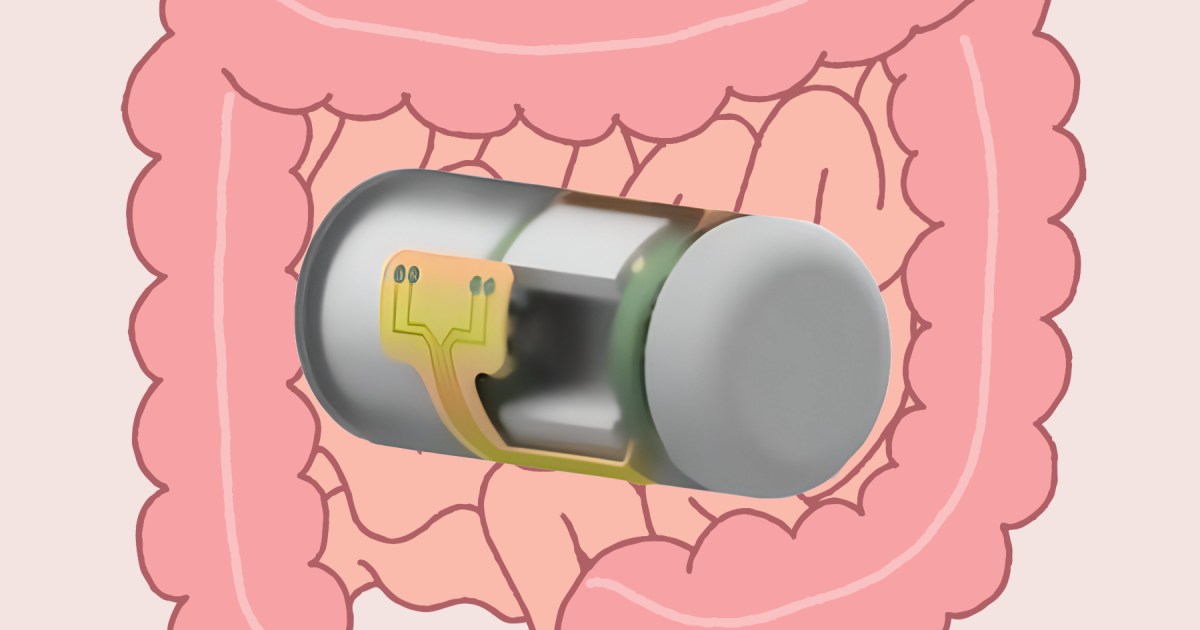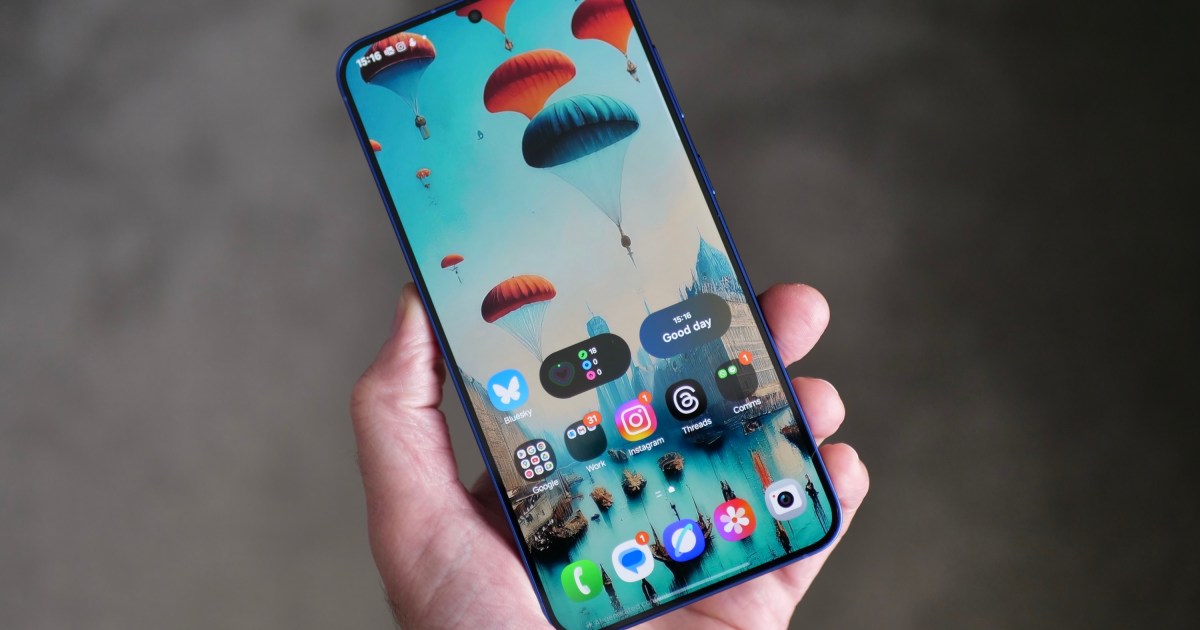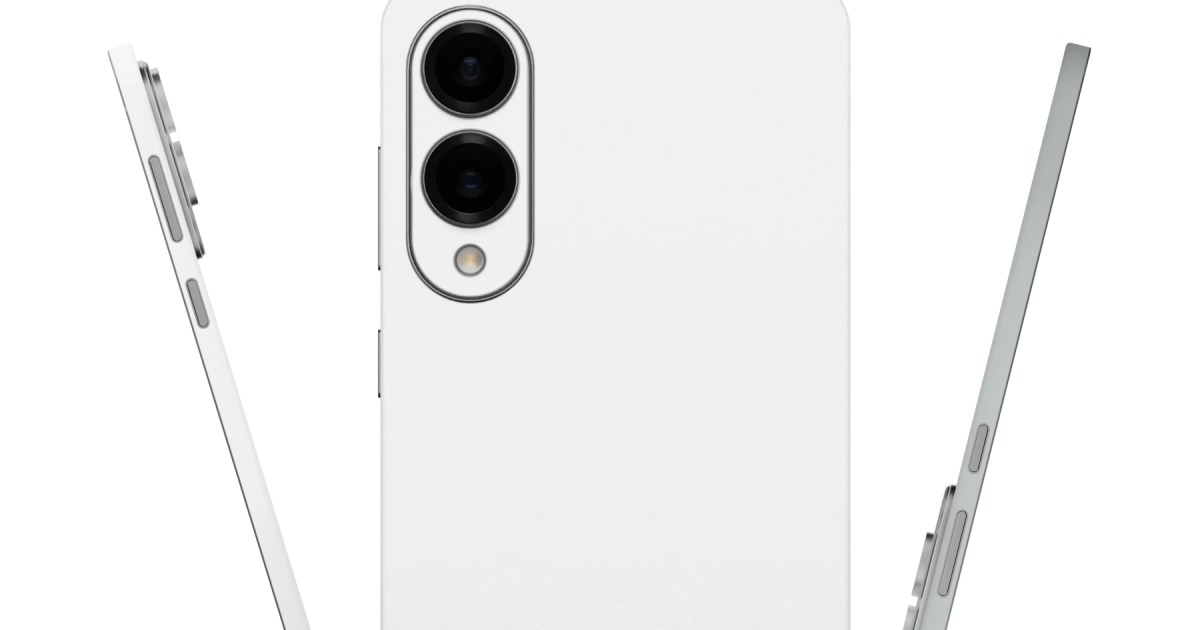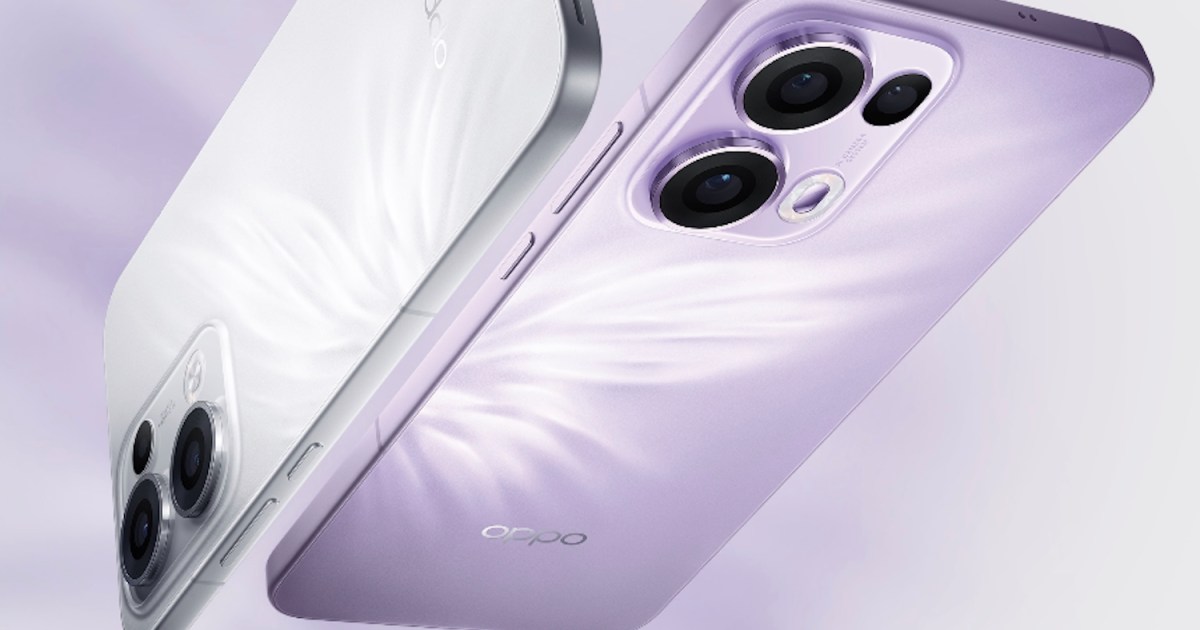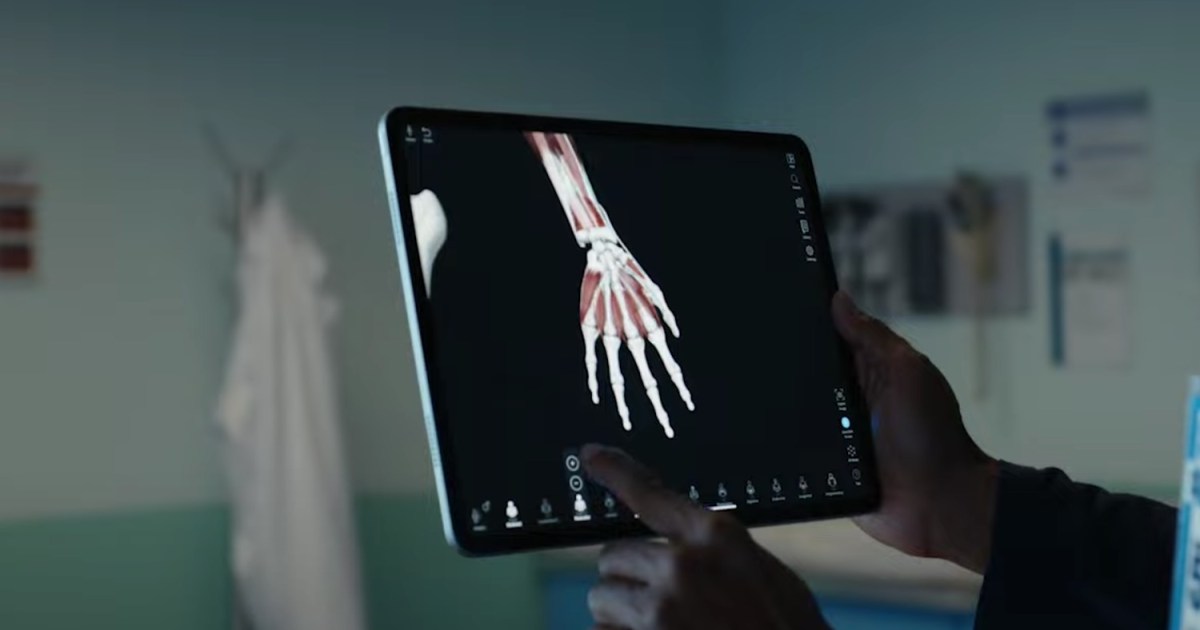The human digestive tract relies on a mucosal barrier to prevent harmful substances like bacteria from entering the bloodstream. Damage to this barrier can lead to toxins leaking into tissues, causing various health issues, including inflammatory bowel diseases (IBD) characterized by increased gut permeability. Current methods like endoscopy, while offering a glimpse into gut health, are invasive, offer limited visual analysis, and lack real-time monitoring capabilities. A groundbreaking ingestible wireless capsule developed by researchers at the University of Maryland promises to transform gut health monitoring.
This innovative capsule offers a non-invasive alternative to traditional methods, providing real-time insights into gut health without the need for hospital visits. It represents a significant advancement beyond wearable health sensors, offering a more direct and comprehensive assessment of the gastrointestinal tract. This technology has the potential to revolutionize how we diagnose and manage gut-related conditions.
How the Ingestible Capsule Works
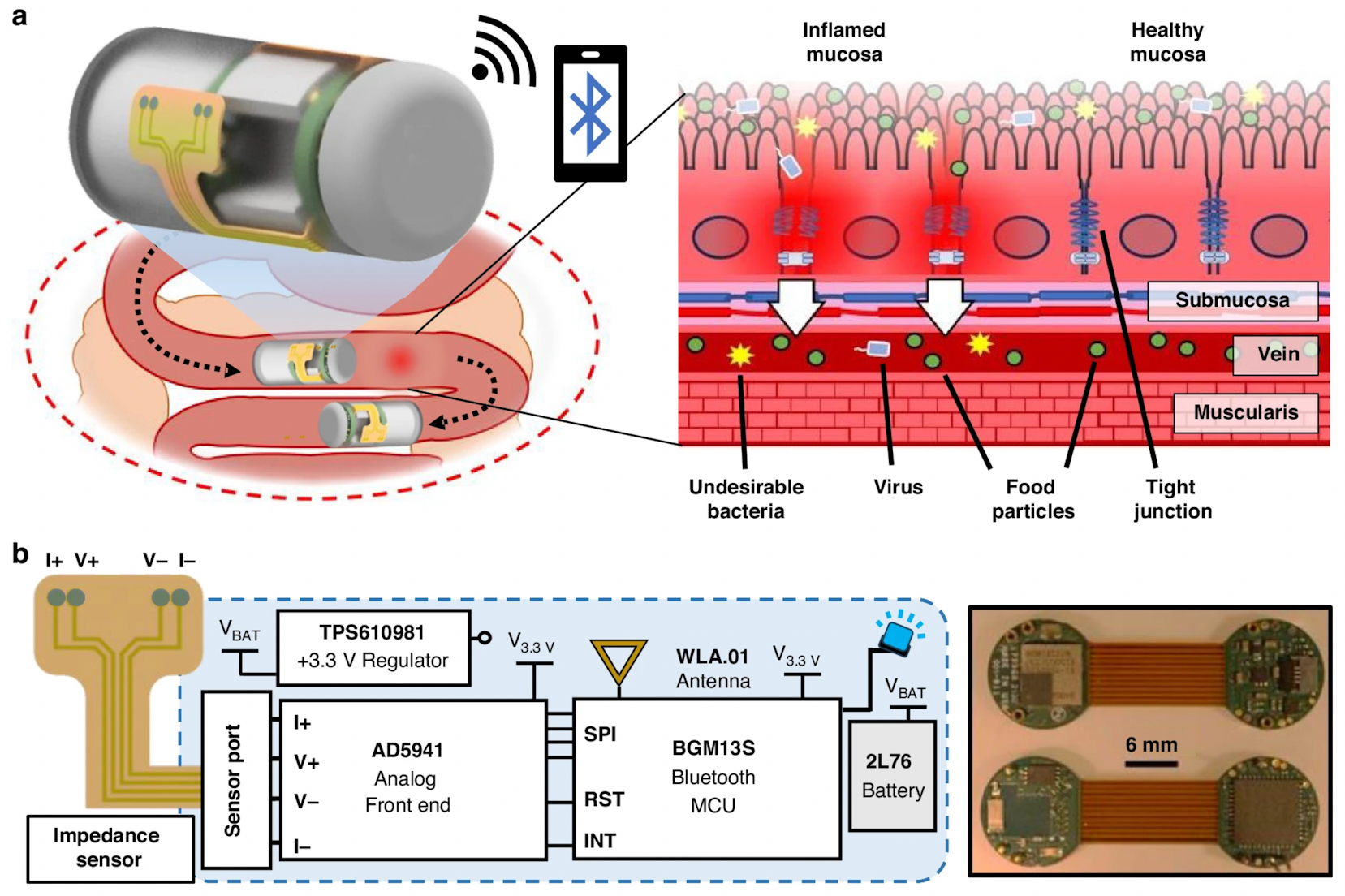 A capsule for monitoring health of gut.
A capsule for monitoring health of gut.
The capsule incorporates a flexible, four-probe sensor coated with a conductive polymer layer. This sensor measures changes in impedance levels within the gut, transmitting the data wirelessly via Bluetooth in real time. A lithium-manganese dioxide battery powers the device, providing up to 29 hours of continuous monitoring. The capsule itself is a 3D-printed module, approximately 14 millimeters in diameter and 28 millimeters in length. An integrated LED light activates to indicate changes in permeability levels, aiding in rapid diagnosis.
Detecting Gut Inflammation in Real-Time
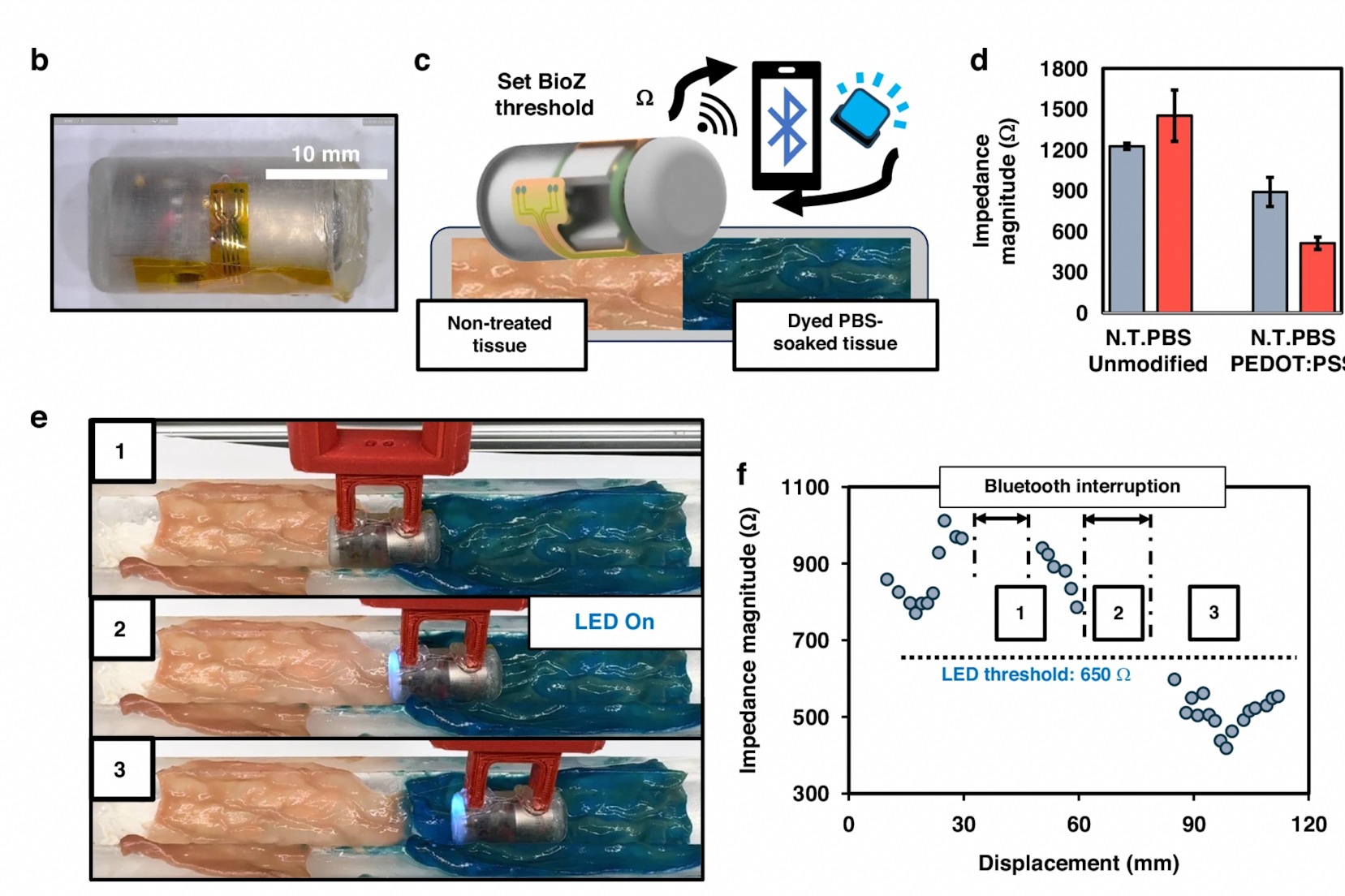 Schematic of ingestible monitoring capsule.
Schematic of ingestible monitoring capsule.
In tests conducted on mice, the ingestible capsule successfully distinguished between healthy and damaged gastrointestinal tissue. It detected subtle fluctuations in gut wall permeability, a key indicator of IBD. Researchers highlighted the capsule’s high sensitivity and stability, even in detecting mild cases of gut inflammation. The team’s findings, published in Microsystems & Nanoengineering, validate the sensor’s ability to differentiate between healthy and permeable tissues both in vitro and in vivo.
Future of Gut Health Diagnostics
The research team is currently refining the capsule’s design in preparation for clinical trials in humans. Their ultimate goal is to facilitate early detection of gut diseases and pave the way for more personalized, non-invasive treatments. This breakthrough technology has the potential to significantly improve patient care and outcomes.
The University of Maryland researchers are also exploring other applications of ingestible capsule technology, including targeted drug delivery and gas detection within the gastrointestinal tract. These ongoing projects underscore the potential of this technology to address a wide range of health and wellness challenges.
This ingestible bioimpedance sensing capsule marks a major advancement in non-invasive diagnostic tools for identifying leaky gut and other gastrointestinal issues. It offers a promising future for early disease detection and personalized treatment, potentially revolutionizing how we approach gut health management.



